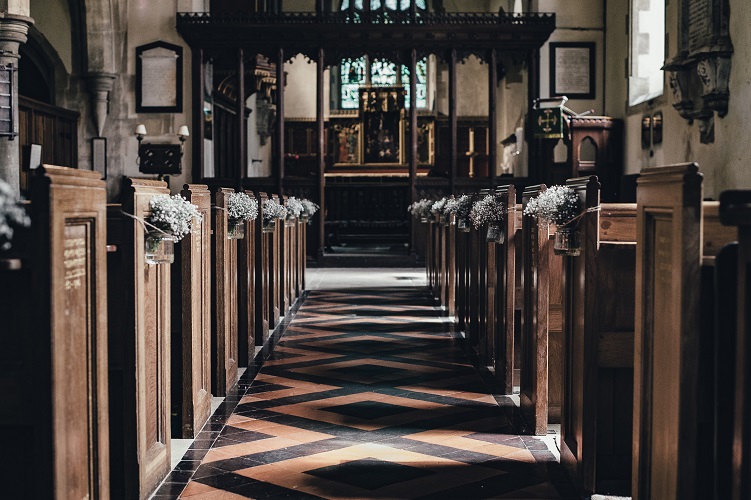American Funeral Traditions

All we need to do is say the word "funeral" and within microseconds, you have an image in your mind of what a funeral looks like. This mental image comes from many sources: the geographical place, culture and society in which we live; our faith; our life experience. Obviously then, a funeral service in Borneo would look very different from one held in Tanzania; there are even significant differences between the funerals held in ethnically and/or geographically diverse regions of North America.
Yet, despite the differences, these funeral services have much in common. We invite you to read further to learn the really simple answer to the question "what is a funeral?" Should you have questions about what you read here, we encourage you to call us at 402-289-2222. One of our funeral professionals will be delighted to explore the commonalities behind the wide spectrum of funeral ceremonies seen around the world.
What are the Parts of a Funeral Service?
Traditional funeral service order includes:
-
Visitation: This is often called a viewing or a wake. Guests come to pay their respects to the deceased by viewing their casketed body and spending time with the grieving family. A visitation can occur at any time before the funeral service.
-
Funeral Service: This event commonly takes place at the funeral home, a church, or at the graveside. It can include music, the reading of literary or religious passages, a eulogy, prayer, and the singing of hymns.
-
Committal Service: If the family plans to bury the deceased, this stage involves the vehicle procession to the cemetery.
-
Funeral Reception: Many choose to host this post-service gathering (or repast) at a reception hall. This is considered a time to share memories, laughter, and support.
A funeral service, whether traditional or more modern (memorial service or celebration-of-life), has two functions: to acknowledge the death and lifetime achievements of an individual and to bring grieving family members and friends together in support of one another during this difficult time.
What are Funeral Rites? What Makes a Funeral?
No matter where it's held, a funeral is a structured ceremony, with a beginning, middle and end. Each is intended to engage the living participants in activities which will transform their status within the community, provide mourners with a collective grieving experience, and celebrate a life lived. It's a socially-acceptable way for members of a community to re-affirm and express their social attachments.
Anthropologists label a funeral as a rite of passage, which affects everyone involved–including the deceased. His or her social status changes dramatically, from a living contributing member of the community to one whose contributions are in the past, and relegated to memory. But the status of each of the survivors– the immediate family most especially– has also changed. In fact, the funeral service can be the start of a defined period of mourning for bereaved family members, marking this transition in a uniquely identifiable way.
It could be said then, the focus of a funeral - no matter where, no matter when - lies in acknowledging change. And without doubt, human beings (as individuals and as a community) have trouble dealing with profound changes like the death of an integral member of the group. When you take this perspective, it becomes easier to understand the importance of ceremonially acknowledging the tear in the social fabric and the symbolic restoration of its integrity.
Funeral Services in Our Area
For families and individuals living in this region (as elsewhere in the nation), a funeral service can mean many things. Some fall back on what is commonly called a "traditional funeral"; others see that same traditional service as an emotionally unfulfilling event. Fortunately, thanks to a number of unique social forces, there are alternatives. Today, end-of-life commemorative services range from the traditional funeral, to a memorial service and the increasingly popular celebrations-of-life. If you have yet to realize the immense value of such a collective acknowledgement of loss, reach out to us. Call 402-289-2222 to speak with one of our experienced funeral service professionals.
Sources:
Huntington, Richard and Peter Metcalf, Celebrations of Death: The Anthropology of Mortuary Ritual, Cambridge University Press, 1979.



















